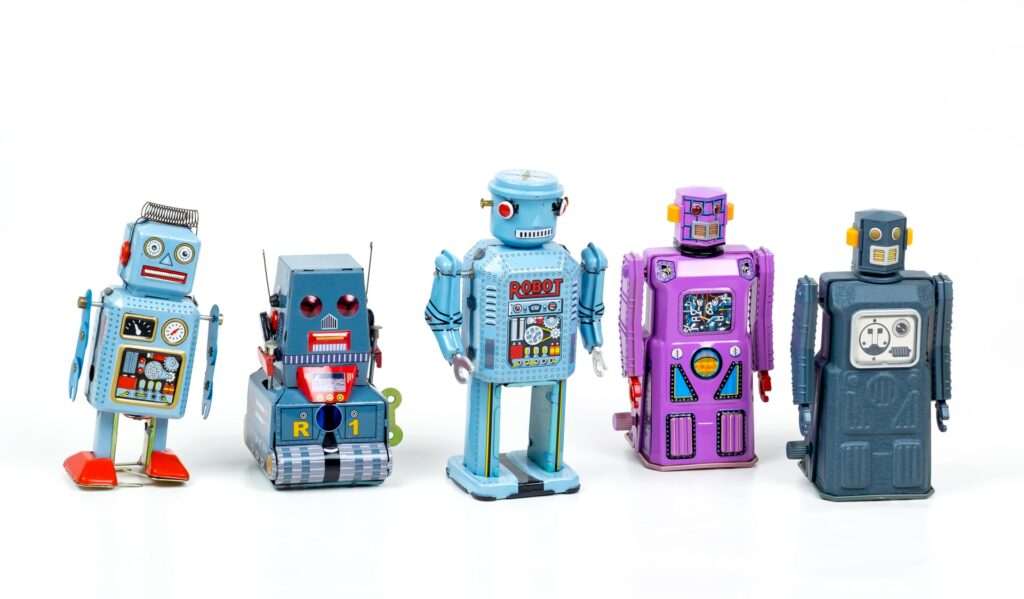‘Give it to me straight’ – the impact of not hiding behind jargon
Back in November 2016 I was sat in a chair, being told I was one in a million. Now normally this is the kind of thing that I would’ve lapped up – albeit awkwardly. I mean, no-one likes receiving a compliment do they? But this was anything but that.
I remember my reply. “Are you trying to tell me you’ve found cancer?” Which I now realise sounded more accusatory than it did a question. But I was angry. He’d chosen now of all times to use jargon – which also amused me slightly as I’ve spent a good proportion of my working life championing the power of not hiding behind words when things get tough. He nodded.
The whole process felt like it took an eternity – each day felt like a week. But in reality I was treated very quickly, and a skilful operation by a reassuring and determined cancer specialist got rid of the thing that was cosily setting up home in my back. But until that point came, I was living with something that I knew was silently and sneakily spreading its spindle-like tentacles within my body – and had been for a good few years before it showed itself. And that did my head in. This ‘monster’ made me itch. If I could have clawed it out myself, I would have done. But I’d have needed to be a contortionist to do that, and I have trouble touching my toes at the best of times!
My employer was brilliant, and I’ll never forget the love I felt from colleagues, friends and family. It mattered more than they will ever really know. But even with all this love and support I felt very alone. I was one in a million. It was a lonely club to be in. And a club I didn’t want to be a member of. I lost count of the amount of times I met people who almost took delight in telling me or those around them that what I had was extremely rare. Was that supposed to make me feel better or somehow special? Because it didn’t. I felt vulnerable. Isolated. For while after the operation I was incapacitated. And I cannot begin to describe how desperate I was to ‘get back to normal’.
I called the operation my ‘back lift’. I lost a whole bunch of freckles I’d grown up with, and it was very strange. I didn’t look like me anymore. It was a new different.
And I learned a huge amount during this time – and still today. I saw and felt first-hand how good and bad businesses are at responding to customers who are unwell. I had to repeat myself too many times. Some days I was ok with that. Other days the words got stuck in my throat – the reaction was normally one of an awkward silence, followed by the obligatory call for my reference number. Those experiences have certainly helped me to have a much deeper understanding of what customer experience really means, and the impact it can have when it isn’t so good.
And it did change me. It gave me the drive to make things better.
So I expect you’re thinking I’m going to end this blog by saying how having cancer turned out to be the best thing to happen to me. I’m not. It wasn’t.
But what it did do was let me see and feel first-hand the significant difference good and bad customer service can have on someone going through a tough time. And this is happening every day. The processes that can kick in and make it harder and not easier for customers. The sheer effort required to get people to listen without being told that in order to get an answer I’d need to complain because ‘they’ couldn’t do anything. Why force customers to complain when it’s the last thing they want to do? The impact of language and the delivery of a message. And, the strength that comes from having the right support from people around you.
I thank it for the level of insight which showed me there is still more businesses need to do to get it right first time.
It’s a unique combination – listening and straight talking, but it gives more reassurance than hiding behind jargon
It would be great to hear from you please feel free to share your views by finding us on Social media
Twitter
LinkedIn



